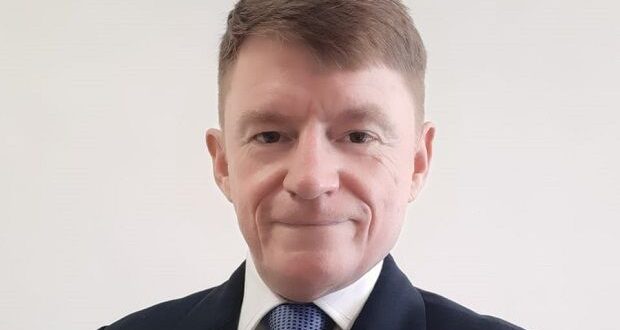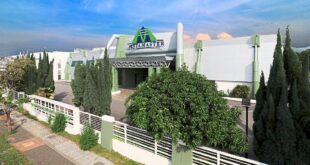THE government is not abolishing the civil service pension scheme. It is merely proposing that new employees be absorbed into the EPF scheme. Existing civil servants and civil service pensions will not be affected.
Moving to EPF will not help the government in the short-term. First, the current pensioners will still be on the old scheme, so costs will not fall.
Second, payments into the current scheme for existing civil servants will continue. This is 17.5% paid by the employer or RM16.7bil from government emoluments of RM95.6bil in 2024. This will also not fall.
Third, EPF contributions will be higher for civil servants from 17.5% to 24% and they will have to pay 11% of this themselves while the government pays 13% or 4.5% less. Therefore, they are worse off unless the government raises their salaries, in which case this scheme may not save anything for the government.
As pensions are passed to spouses when retirees die, the government will continue to pay the pensions of the current 970,000 retirees and the built-in liability of the current 1.7 million civil servants until the 2.7 million and all their spouses pass away.
They will also pay 13% of the salary of new hires into the EPF, which will contribute very little to EPF and will dilute the dividend for existing EPF members. It will take many decades for this EPF scheme to break even.
All this means civil service pension reform is urgent. Pension costs have ballooned from RM6.8bil in 2005 to RM32.4bil this year and could rise to RM46bil by 2030 and RM120bil by 2040.
The RM16.7bil pension contributions for current working civil servants pushes the pension bill to RM49.1bil for 2024. Without reform, this will become more difficult to finance and eventually unsustainable.
Taxes and other revenue are largely used to pay pensions, which means taxpayers are the ones paying when civil servants can’t save for themselves.
The RM49.1bil could instead be spent on health, education and social protection. This is why regular folks should be concerned.
Under the new EPF scheme, civil servants can potentially accumulate a retirement fund of RM1.36mil, assuming they work for 35 years with an annual salary increase of RM225 and a 5% annual EPF dividend rate.
This calculation is true for everyone, not just civil servants, but it is very optimistic. If it worked in practice, we would not have a pension crisis with millions of EPF members having no savings.
It does not always work because people have disrupted payments due to time off, their salaries are low and do not rise quickly, there is no minimum wage in the civil service and people withdraw funds not just for a crisis like Covid-19 but also for education, health and housing. This means most do not get the full savings at the end of their work life.
The current civil service pension is better than the defined contributions scheme of EPF because it guarantees a pension based on final salary irrespective of savings.
The best course of action would be to create a Malaysian Superfund, separate from EPF, which combines KWAP and LTAT with other underperforming funds like KWAN and Khazanah Nasional Bhd into a fund with assets of RM337 billion.
Together with the RM343bil assets in Permodalan Nasional Berhad (PNB), the superfund would start with RM680bil, which could grow to RM750bil in just one to two years.
Even at a modest 5% annual return, this fund could finance the current RM32.4bil pension liabilities and save the RM16.7bil pension contributions, giving a total saving of RM49.1bil from government operational expenditure, providing much needed fiscal headroom.
A wholesale reform of pensions can help to solve the problem for the long-term with immediate short-term benefits, whereas switching to EPF raises many questions on face value and requires much more clarification as otherwise it could cause a great deal of concern for civil servants.
It won’t affect economic stability or investor sentiment, nor will it affect the fiscal position in the short run. Long-term effects will not be evident for decades, and the pension burden remains unchanged.
This article first appeared in Star Biz7 weekly edition.
 BeritaKini.biz Berita Viral Terkini di Malaysia
BeritaKini.biz Berita Viral Terkini di Malaysia





